Kevin asks:
“I would say the number one thing I am seeking is understanding how strength helps individuals with endurance events. Example, I did the Leadville Silver Rush 50 mile foot race and trained for a year. I am not a runner just hard headed. Well, then I could only squat about 175lbs. the 7900ft of climbing wiped me out. That was 3 years ago. Last year, I did the Leadville Marathon; it had 6000ft of climbing and my squat was around 285lbs. I did not train longer than 7 miles and never ran. I powered up the hills. So I guess the question is; what is the right balance of strength and how can it help individuals with their endurance? Next, I will try strength training with actual endurance training and see where I land. Thanks for reaching out, I really like your stuff.”
This is a great question.
I would like to talk about The Conditioning Continuum, something I first talked about in The Ultimate Guide to Bodyweight Conditioning Exercises.

Far on the left side of the continuum, we have a max single. Doesn’t matter what exercise it is. This is absolute strength we’re talking about, you don’t even have to breathe during it, so it’s not about endurance. Far on the right side, we have something like an ultra-marathon. Or maybe an Ironman. Pure endurance, not a shed of strength involved. And the vast majority of things fall somewhere in the middle.
A twenty-rep set of something is still largely strength, but has some element of endurance in it.
A one or two-minute strongman event is strength-endurance, but still largely strength.
Many CrossFit workouts, or any type of metabolic conditioning is some amount of strength and endurance.
A ten-minute set of something, like burpees or kettlebell snatches, is a bit more endurance, but still with strength involved.
In general, strength carries over to endurance…but not vice versa.
As Kevin’s experience showed, when he did pure endurance training, when the strength component became involved, he just didn’t have it to run up that hill. But when he had a stronger base of strength, but still some endurance work, though not nearly as much, he performed much better.
To properly describe how this is so, let’s take a hypothetical metabolic conditioning workout. Let’s say on average this workout takes 20 minutes to do.
We have two individuals. One is insanely strong…like lift a 1000 lbs. with a finger strong…with just a tiny bit of endurance The other has insane endurance, like could run forever non-stop, but has just a modicum of strength. Assuming the same weights and exercises, who will perform better in this workout?
The strong guy will crush the endurance guy.
The strong guy will basically be able to go through the workout as if he were taking a walk. It will be that difficult to him, therefore he wouldn’t even need to tap into his endurance capability.
But the endurance guy will start to have his strength taxed right away. Even with all kinds of endurance, a never-ending wind, he wouldn’t have the strength to go fast through the workout, if he completed it at all.
Now this is just hypothetical, and people like these tend not to exist, but I hope you can see the point.
That is why I focus much more on strength than endurance. That is why I encourage you to do the same.
Some of my best programs, which you can get for 30-70% off, that show you how to build insane strength are:
Deceptive Strength
Strengthen Your Structure
The Ultimate Guide to Bodyweight Training Series
Arthur Saxon Power Pack
Feats of Strength
This doesn’t mean that conditioning isn’t important, but strength trumps it in nine cases out of ten. Besides, if you structure your workouts the right way you can get all the conditioning you likely need while still focusing predominately on strength.
